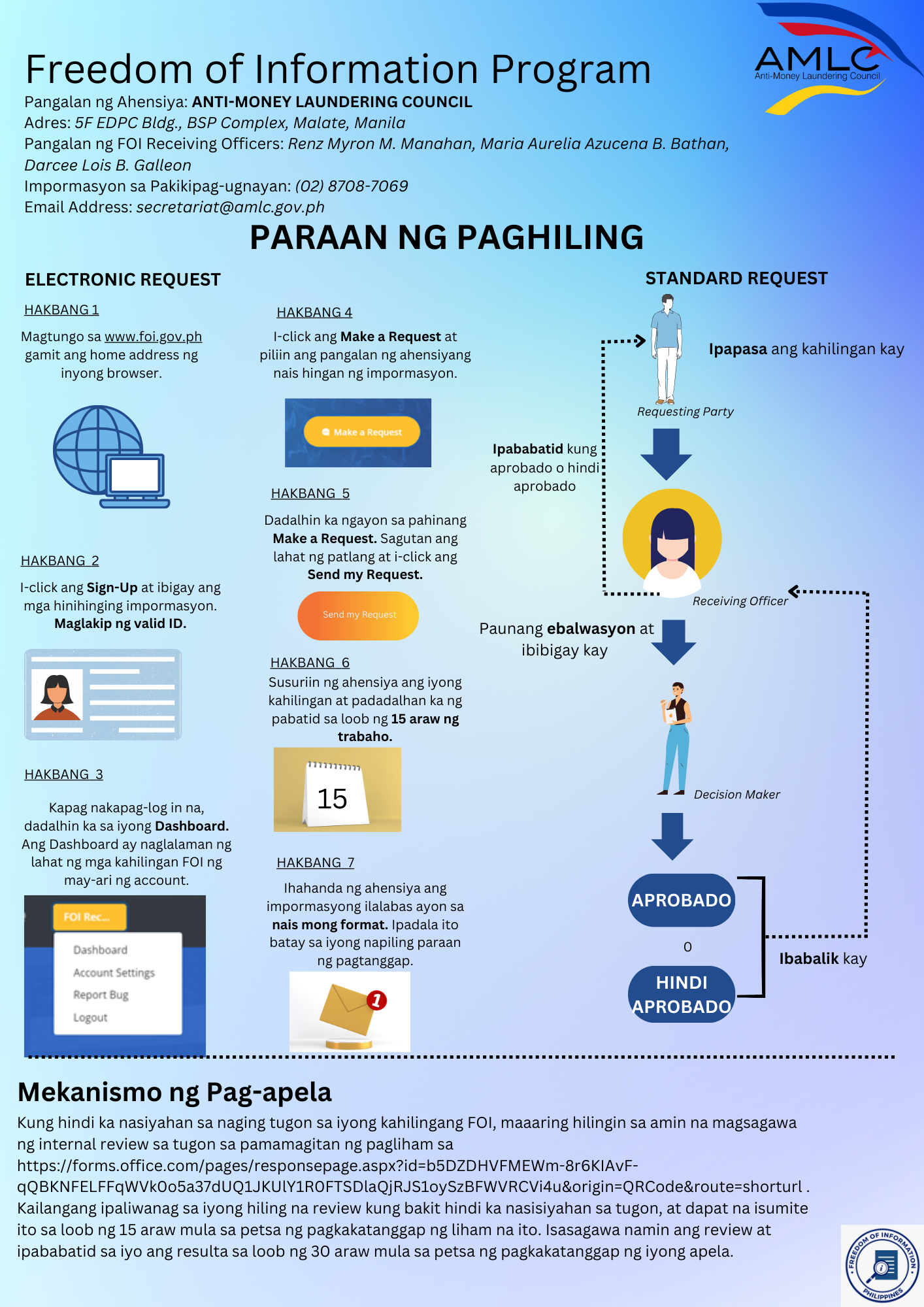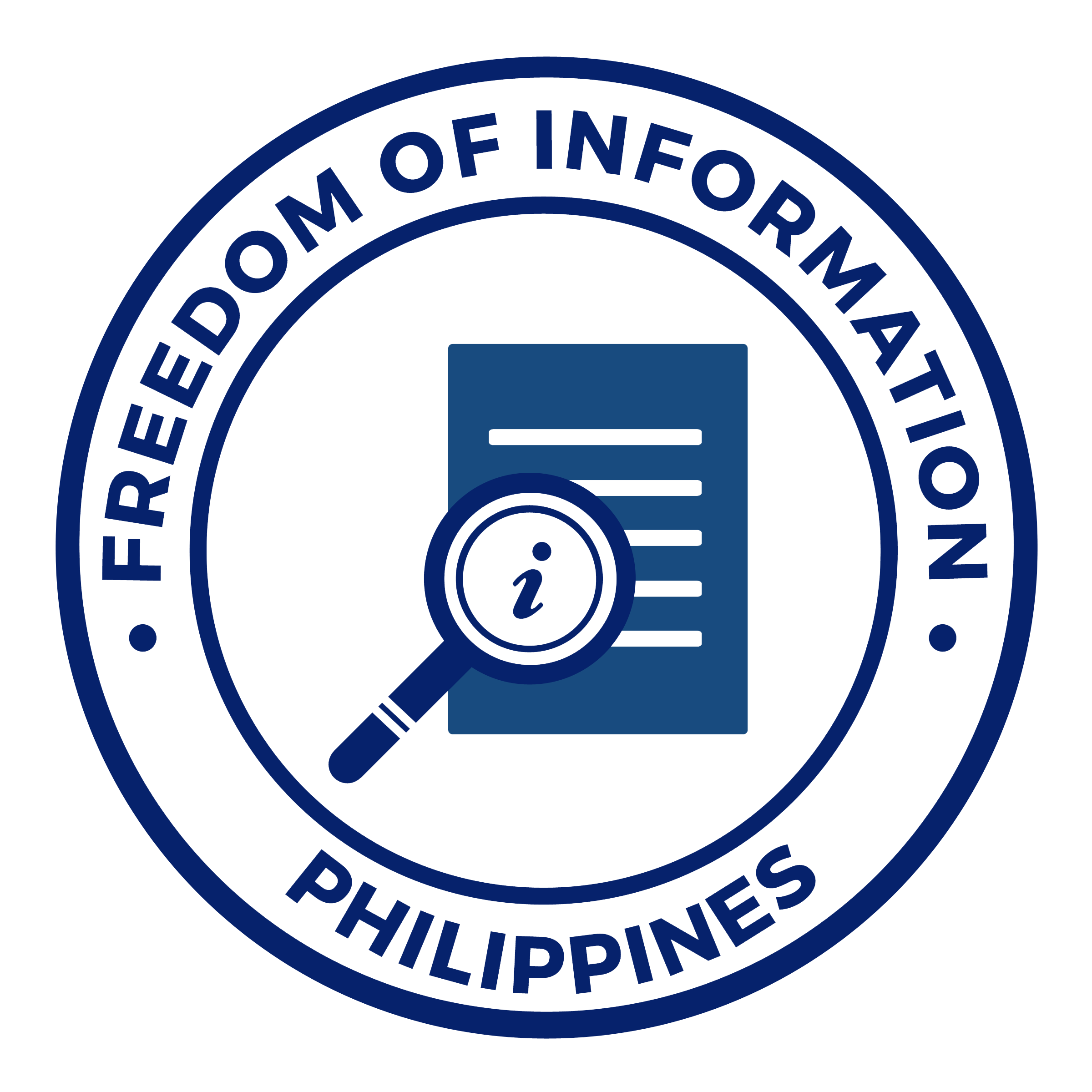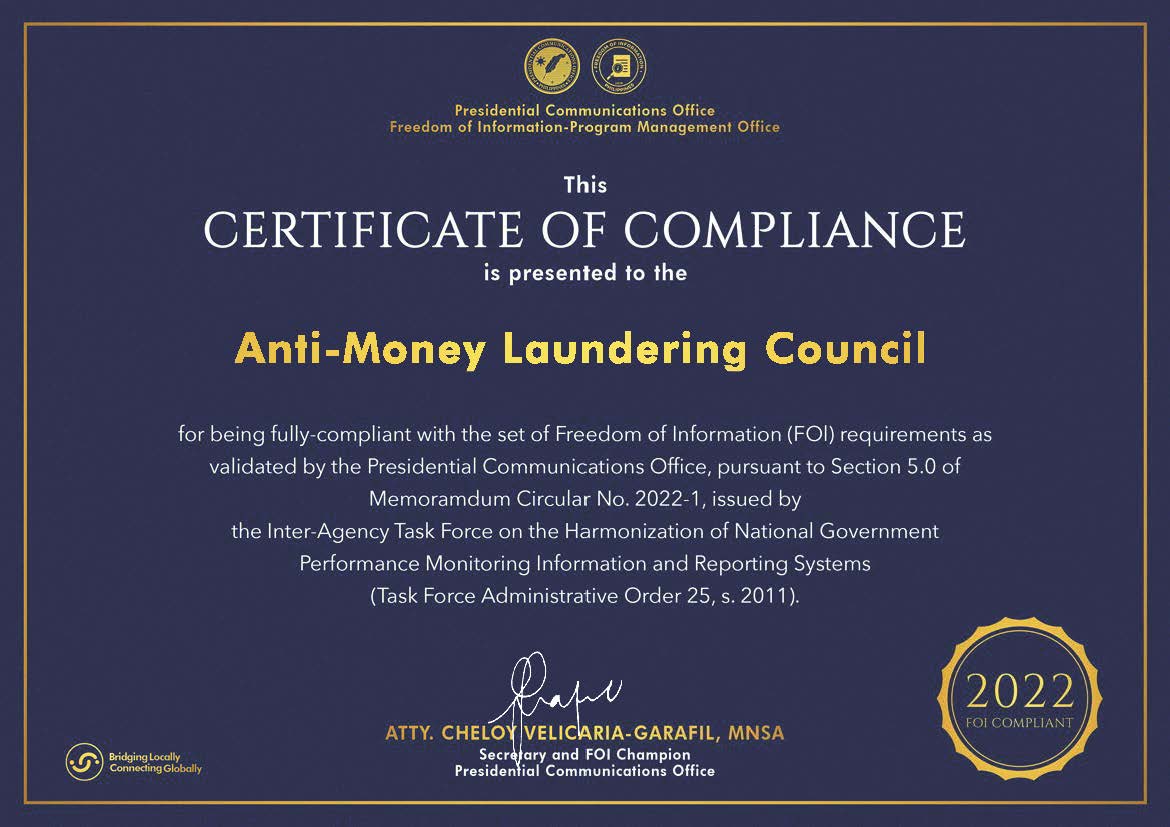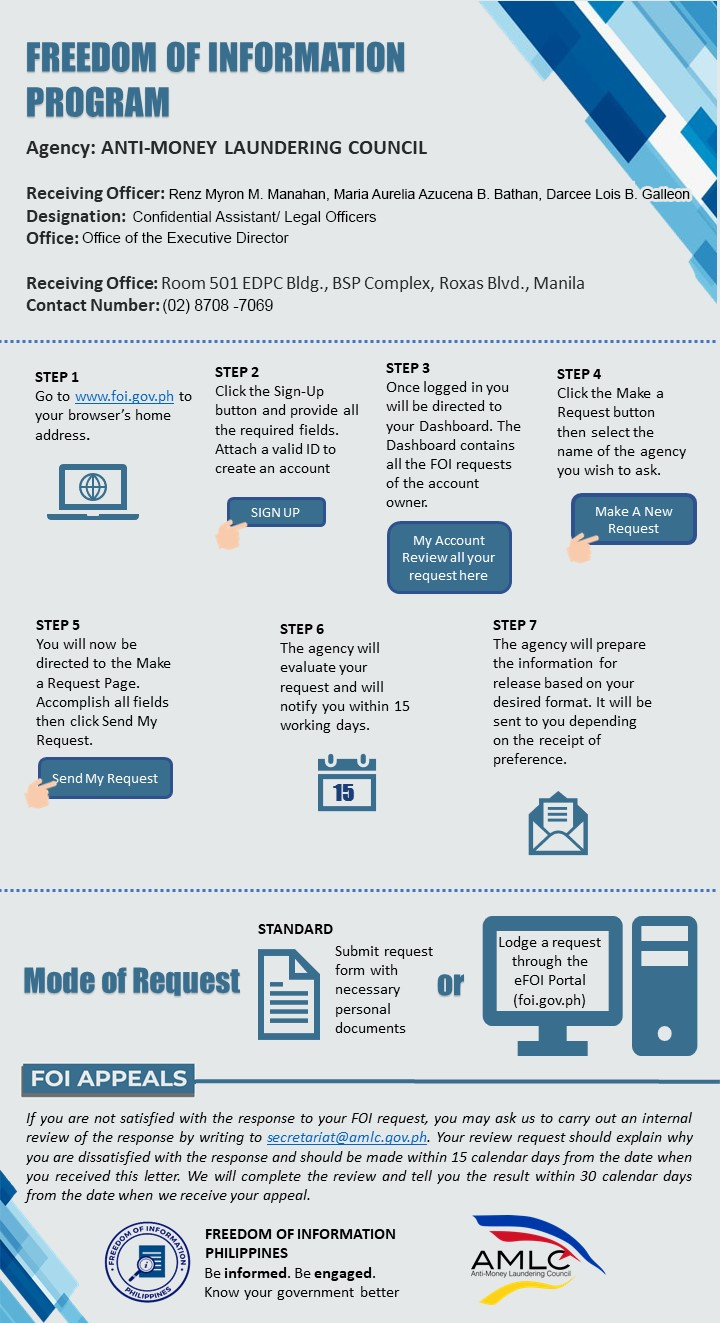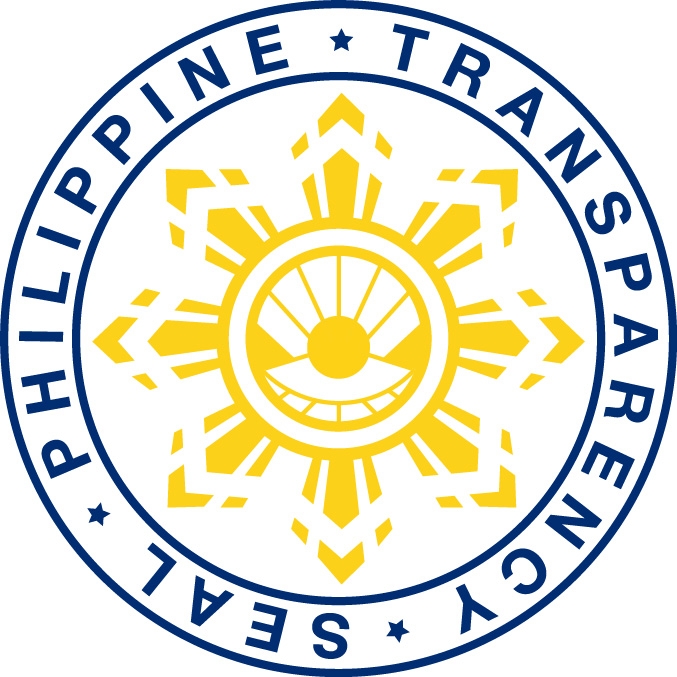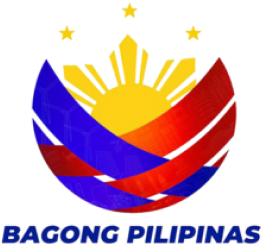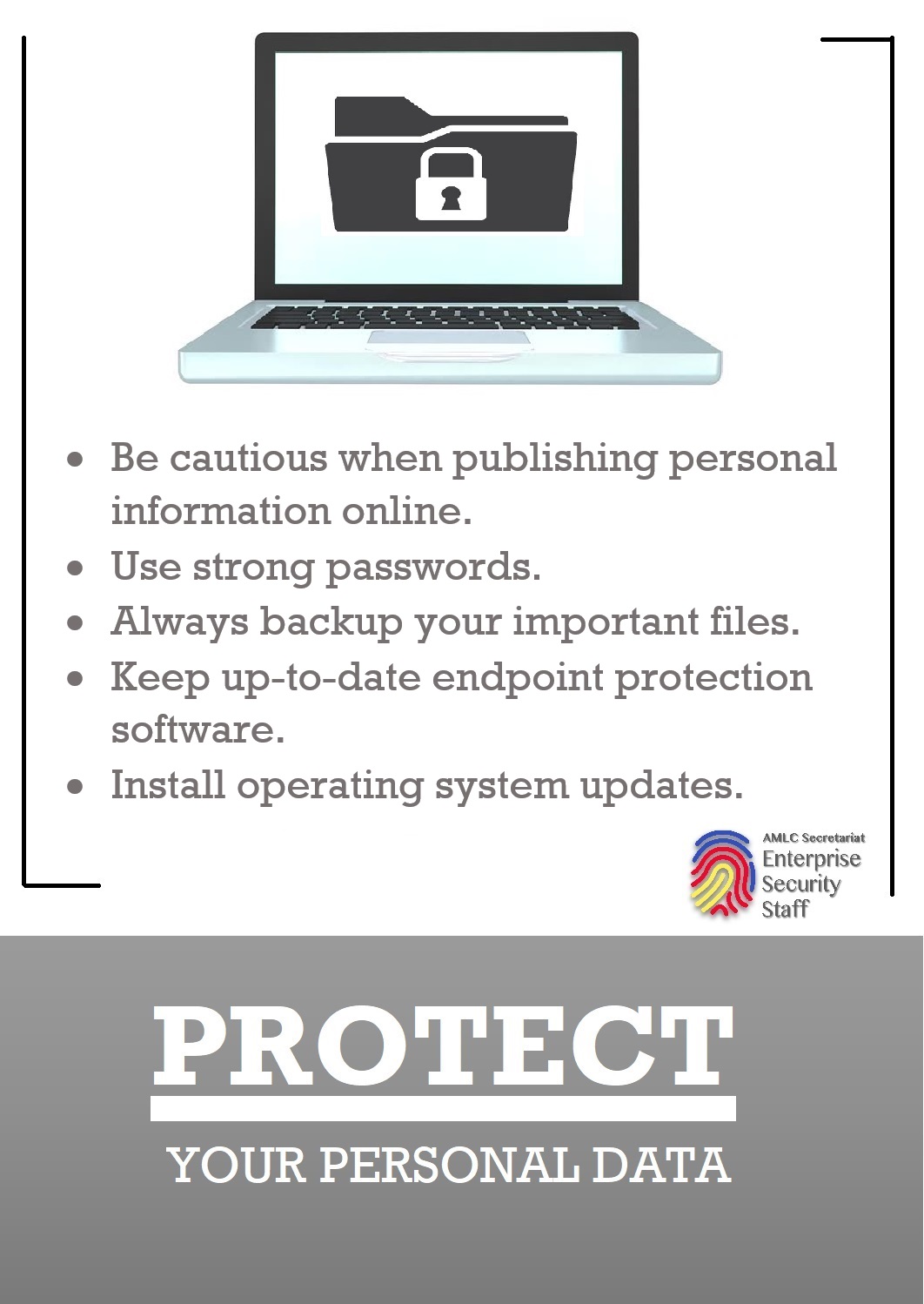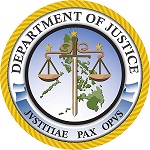The Anti-Money Laundering Council (AMLC) releases the study, “Understanding the Internet-Based Casino Sector in the Philippines: A Risk Assessment” as the growing sector may pose a potential threat and may increase the risk to money laundering. Based on suspicious transaction reports from 2013 to 2019, the sectoral risk assessment reveals that the estimated value of proceeds, involving Internet-based casinos and service providers (SPs), amounts to PhP14.01 billion.
In 2017, President Rodrigo Roa Duterte signed into law, Republic Act (RA) No. 10927, known in local parlance as “casino law,” designating casinos, including Internet- and ship-based ones, as covered persons under the Anti-Money Laundering Act of 2001, as amended.
The Second National Risk Assessment from 2015 to 2016 rates the casino sector with a high level of risk to money laundering. The sector is rapidly expanding with its 2018 gross gaming revenue (GGR) increasing by 22.5% from 2017, reaching PhP216.5 billion. Earnings from Internet-based casinos represent around 2.5% of the total GGR from 2017 to 2018.
Internet-based casinos are where non-Filipino gaming patrons located outside the Philippines play and place bets through gaming websites or standalone mobile applications. Winnings are paid out mostly through debit cards or wire transfers facilitated by online gaming operators and payment solution providers.
Supported by tactical financial intelligence reports, the sectoral risk assessment covers the Philippine Amusement and Gaming Corporation’s (PAGCOR) 59 Philippine offshore gaming operators (POGOs), 218 SPs, and three gaming laboratories as well as the Cagayan Special Economic Zone’s (CEZA) 24 interactive gaming licensees (IGLs) and 18 interactive gaming support service providers (IGSSPs).
In addition, the study lists AMLC’s findings after an attempt to conduct onsite compliance-checking on POGOs.
First, the offices of the POGOs, local gaming agents, and authorized representatives do not exist in the registered addresses provided by PAGCOR. The SPs, however, are operating in the said addresses. It must be noted that SPs are distinct from POGOs. SPs are those who offer services, such as gaming software, content streaming, and other components of gaming operations, to qualified POGOs.
Second, there are no actual local agents and/or authorized representatives in the Philippines. A foreign-based operator is required to appoint a local gaming agent, who will represent the said foreign-based operator in the Philippines. In turn, these local agents or authorized representatives are obligated to complete the documentary requirements during application for gaming operations.
Third, the compliance officers of the POGOs cannot be located and contacted at the given addresses. The SPs are also unaware of the existence of these compliance officers.
Fourth, the POGOs have no anti-money laundering/counter-terrorism financing (AML/CTF) compliance units.
Based on quantitative and qualitative assessment, the study resulted in the following conclusions:
First, there is a low level of AML/CTF awareness and regulation. Generally, POGOs and IGLs are a lesser threat compared to their SPs. PAGCOR and AMLC jointly supervise POGOs on AML/CTF matters, thus POGOs are subject to the obligations under the AMLA, as amended. SPs, on the other hand, are merely accredited and not licensed by PAGCOR. The low level of AML/CTF regulation stems from jurisdictional issues. Though foreign POGOs and IGLs may be subject to the AML/CTF framework of foreign jurisdictions where they are situated, the AMLC and appropriate government agencies (AGAs), that is, PAGCOR, CEZA, and the Aurora Pacific Economic Zone and Freeport Authority (APECO), may still conduct onsite/offsite compliance-checking on these foreign Internet-based casinos through their representative office/compliance office or local agent.
Second, there is an increasing level of threat to money laundering and other fraudulent activities. The number of investigations involving domestic Internet-based casino operators and SPs is growing. From 2017 to 2019, the recorded casino-kidnapping-related incidents totaled 63 cases.
Third, there is a high number of unregulated or unsupervised SPs. As not all SPs are within the realm of AML/CTF supervision, they are prone to abuse and exploitation by criminal organizations. In 2019, local authorities shut down around 200 Internet-based casinos and SPs, illegally servicing online gaming operations. In the same year, the local government also ceased the operations of one of the largest SPs for Internet-based casinos. The said SP was allegedly linked to an individual and entity subject of an AML investigation in relation to the Bangladesh Bank heist.
Fourth, there is a low level of beneficial ownership identification. Because the use of gaming accounts is not closely regulated by POGOs, the level of anonymity is high. Thus, accounts may be used for money laundering and fraudulent activities.
Fifth, the threat of terrorism financing within the Internet-based casino sector is generally low. Based on available records, there is no concrete evidence that links Internet-based casinos to terrorism and terrorism financing.
Considering the high level of vulnerability risk to money laundering of Internet-based casinos, a collective mitigation strategy with concrete actions must be applied to SPs and Internet-based casino operators.
Due to the gaps in the sector, the study recommends the following actions to be accomplished with a timeframe, which are now being implemented by the AMLC, to wit:
- Increase the level of AML/CTF effectiveness of compliance and supervision through training and workshops;
- Revisit the supervision of POGOs and SPs, conduct a regulatory assessment, and enforce actions;
- Reevaluate the licenses of POGOs and the certificates of authority/operation issued to SPs; and recommend the cancellation of licenses of POGOs/certificates of accreditation of SPs with unfavorable records;
- Execute memoranda of agreements between AGAs and AMLC, Bangko Sentral ng Pilipinas (BSP), law enforcement agencies, and other relevant agencies to identify and curb illegally operating casinos;
- Issue guidance from supervisors, that is, the BSP, Securities and Exchange Commission, Insurance Commission, and AMLC, to their respective covered persons to conduct enhanced due diligence on Internet-based casinos and SPs; and
- Disseminate the study to supervising agencies, AGAs, and law enforcement agencies.
The study serves as a tool to inform stakeholders on the risks to money laundering of Internet-based casinos and to guide decision-makers in crafting policy initiatives.
You may download the risk assessment here.


 REVISED 2 3.jpg)

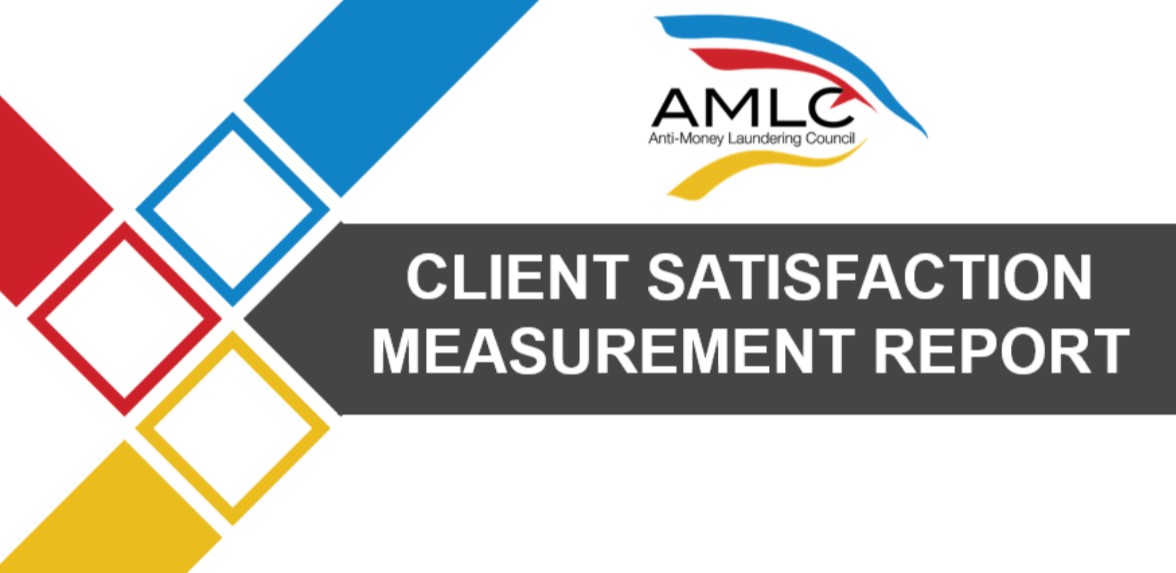 2024 (First Edition)
2024 (First Edition)